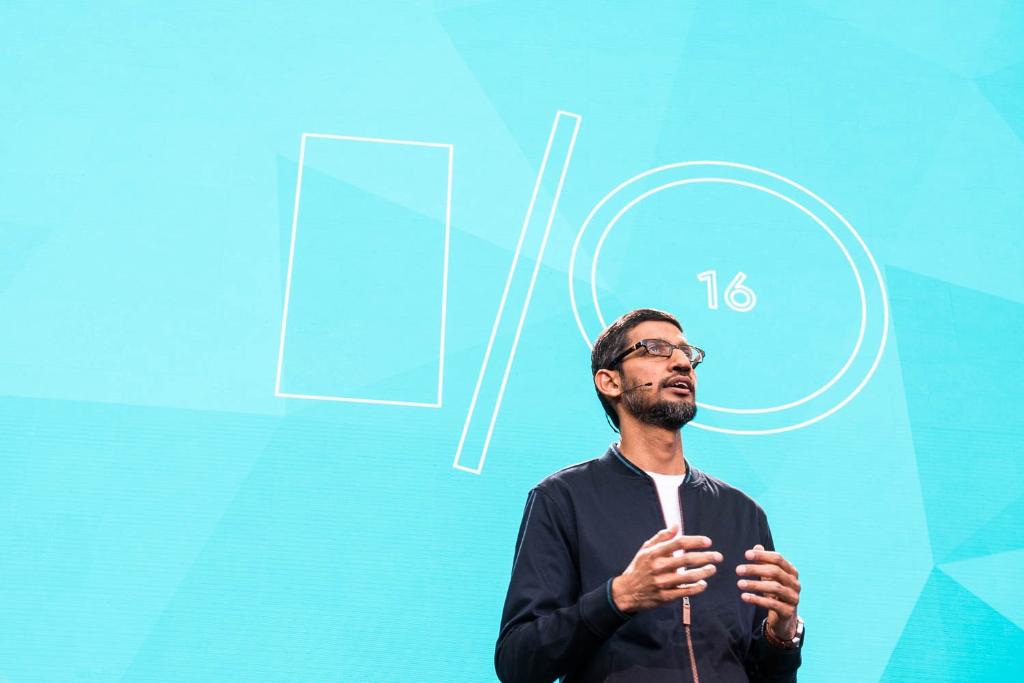Jack Dorsey, Sundar Pichai and Mark Zuckerberg have appeared virtually before the US Congress for the fourth time this year, amidst concern over the role of social media in the January riots in the Capitol building.
In a five-and-a-half-hour hearing late last week, lawmakers grilled the chief executives of Twitter, Google and Facebook over the incident and their efforts to curb misinformation and hate speech.
The hearing focused on Section 230 of the Communications Decency Act, the provision of the 1996 law that shields online services from liability for the content they host.
The three tech chiefs were witnesses at a joint hearing of two subcommittees of the House Energy and Commerce Committee, as Congress debates modifying or abolishing the provision.

Liability
The hearing took place in a tense atmosphere, with Representative Jan Schakowsky telling the chiefs at the beginning, “Self-regulation has come to the end of its road.”
Several times during the hearing, lawmakers asked the witnesses to respond with a “yes” or “no” answer, to which the chief executives consistently replied in full sentences.
Dorsey sent a Twitter message during the hearing that appeared to mock the proceedings, tweeting simply “?”, along with a poll to which users could choose only “yes” or “no”.
He also retweeted a call for lawmakers to engage with him in a “substantive” discussion.
“Your multitasking skills are quite impressive,” Representative Kathleen Rice later told Dorsey.
Facebook’s Zuckerberg went further than the other two companies in expressing support for some reforms of Section 230.
Regulation
He suggested in a statement that Congress could make platforms’ liability protections conditional on their “ability to meet best practice to combat the spread of (unlawful) content”.
At the hearing Zuckerberg emphasised that greater accountability should only apply to the largest tech companies, addressing fears that increased liability would increase the biggest companies’ market power.
But Twitter’s Dorsey said it would be difficult to know where to draw the line between larger and smaller platforms.
Google’s Pichai said repealing the provision would have “unintended consequences – harming both free expression and the ability of platforms to take responsible action to protect users in the face of constantly evolving challenges”.
The companies described their efforts in combating misinformation and hate speech, with Pichai highlighting YouTube’s efforts last year to remove misleading content around the presidential vote.
Misinformation
Information panels on YouTube’s homepage about Covid-19 have been viewed more than 400 billion times, he said.
Dorsey said in addition to combating misinformation, the platforms should earn users’ “trust” by “enhancing transparency, ensuring procedural fairness, enabling algorithmic choice, and strengthening privacy”.
The January Capitol riots were seen by lawmakers as a turning point in the gradual shift toward greater regulation of large social media firms.
The riots’ aftermath also saw Facebook, Google and Twitter taking unprecedented actions, with all three temporarily or permanently banning the social media accounts of then-president Donald Trump.





